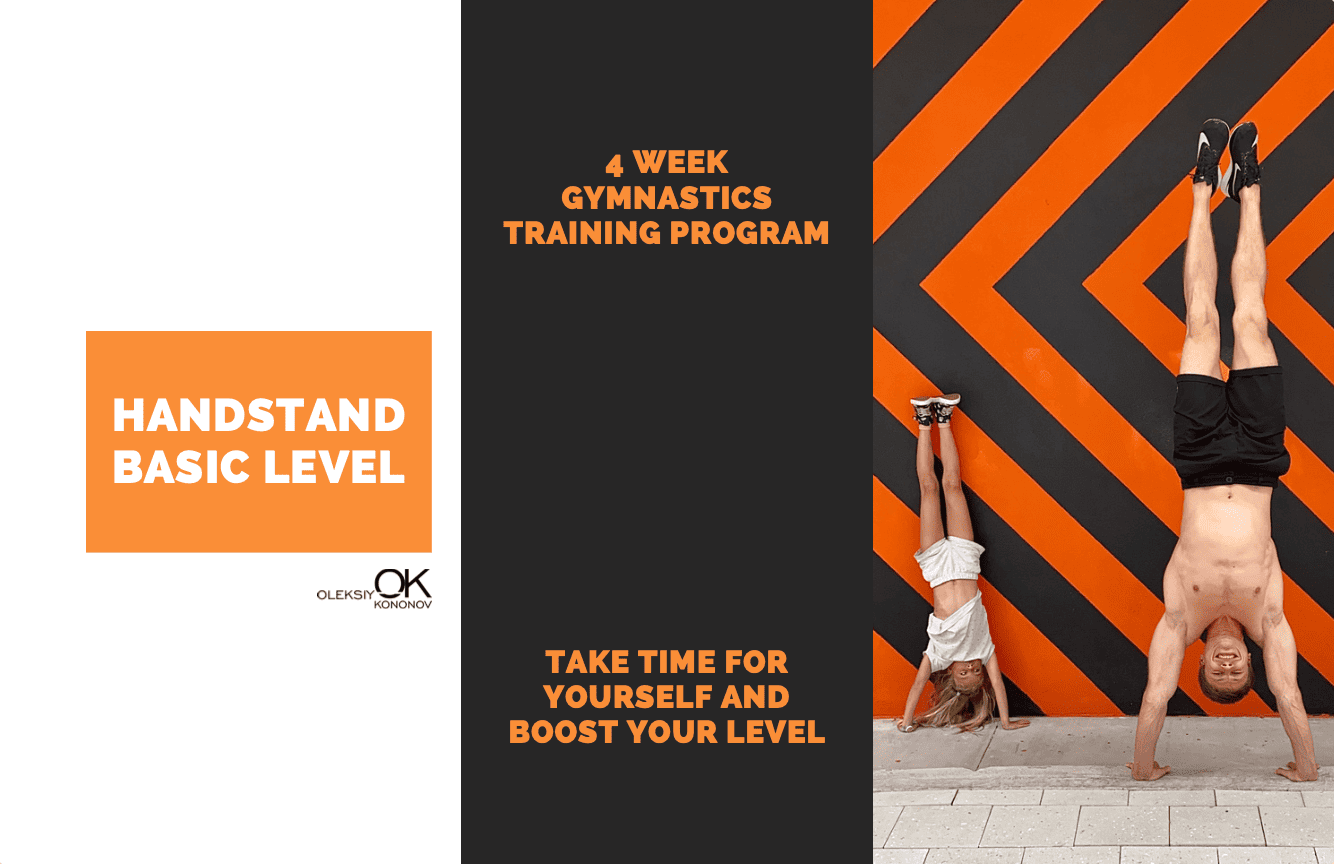Kindness, Leadership, and Resilience in Sport and Life
Sep 25, 2025
About This Series
I want to explain how these articles appear. I started learning English with a tutor Anna. I can already speak English, but not really well, and honestly, I don’t like to learn from books. So, we decided that instead of grammar lessons, we will have real conversations. We talk about things that are interesting for us, and in the process, I improve my English.
Right now, we use the TV series Ted Lasso as our base. We watch, then we discuss, we analyze, and we try to understand what messages the authors wanted to share. It’s not just English—it’s about life, sport, kindness, and leadership.
One day I realized: these conversations are valuable. They are not only about learning English. They are thoughts I would like to keep for myself, re-read in the future, and share with my kids, my athletes, and my teammates. That’s why I started to write them down and publish them here as blog posts. For now, I call this format English Class—but maybe later, I will find a better name.
Kindness vs. Punishment
In gymnastics, I've seen two different worlds. One world uses punishment: harsh words, pressure, fear. It gives quick results, but athletes burn out, like a lemon squeezed until it's empty. The other world uses kindness, support, and love. It takes more time, but athletes not only win medals—they stay healthy, continue their journey, and inspire others.
I've lived in both worlds. As a young athlete in Ukraine, I trained in tough conditions. Some coaches used punishment: harsh words, pressure, even humiliation. And yes, it worked. I reached a high level in gymnastics, which opened doors for me, like joining Cirque du Soleil. I didn't like this approach, but it got results. That's just the truth.
By the end of my competition career, though, I hated gymnastics. I felt empty inside, like that squeezed lemon with nothing left. Many of my friends who grew up training with me either quit early or carried deep scars—both physical and emotional. I felt exactly the same way.
Later, when I joined Cirque du Soleil, I experienced the other world. There, they built a culture of support, respect, and inspiration. In every rehearsal, coaches and artists encouraged each other. Even when the work was super hard, we lifted each other up with kindness. And guess what? We didn't just do tricks—we created magic on stage. And I started to love gymnastics again. That's when I really understood: punishment might create quick results, but kindness creates lasting results that inspire others.
I believe in this second way. Yes, punishment can create champions in sport. But kindness creates champions in life—people who stay strong in body and mind, and keep their passion alive.
Encouragement vs. Criticism
For me, encouragement is like a vitamin—it gives you energy and makes you stronger every day. Criticism is like a drug—it can push you forward quickly, but then comes the crash. It hurts your confidence and mental health when someone criticizes you too much, or when you use this tool on others. Real encouragement lifts you up and makes you want to keep trying.
But there is also something important: feedback. True feedback is not about saying “you are not good.” It’s about saying, “You are good, and if you add this, you can be even better.” That is not criticism. That is support.
What Makes a Leader?
A leader, in my opinion, should be strong, wise, and caring. But wisdom comes first—it’s not about talking, it’s about having deep experience and leading by example. People follow not because of words, but because they see action. A good leader also cares about results, but never forgets people. He knows how to take a punch, how to celebrate, and most of all—how to connect with others. Leadership is about communication, not isolation.
Dealing With Losses
Life doesn’t always go as we plan. In sport, in business, in personal life—we lose sometimes. I use two strategies:
- If the failure is my responsibility, I call it experience. I analyze, I learn what works and what doesn’t, and I improve for the future.
- If the failure is out of my control—like rain, or war—I call it life. Because sometimes reality fights with my plans. And in that case, I accept it and move forward.
This way, I don’t destroy myself mentally. Before, I used to. Now, I can be sad, but not broken. Because I know—it’s either a win or a lesson.
This is what I believe: kindness, encouragement, leadership by example, and resilience. These values are not only for gymnastics—they are for life. If we train with love, if we lead with wisdom, and if we face losses as lessons, then we don’t just build strong athletes. We build strong people.
And this is the mission of Kononov Club: not only to train your body, but to strengthen your life.




